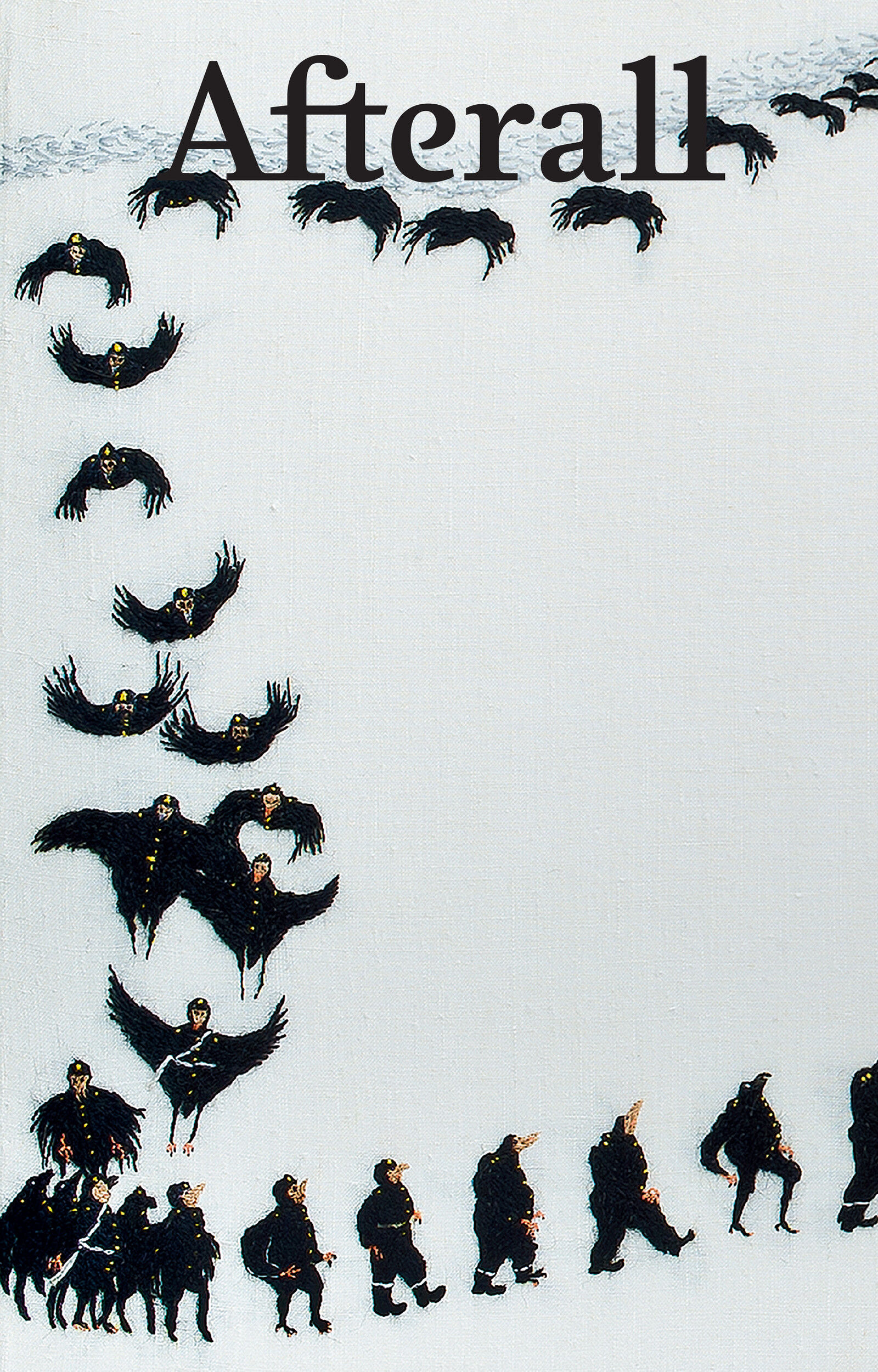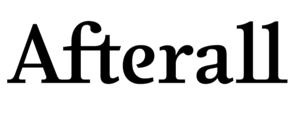“Scenes of Discord: Unlearning History and Healing Wounds”
Afterall is pleased to present issue 45, Spring/Summer 2018. Drawing much from a critical understanding of documenta 14, and featuring the work of Rasheed Araeen, Rebecca Belmore, Yee I-Lann and Britta Marakatt-Labba, Afterall 45 considers “Scenes of Discord: Unlearning History and Healing Wounds.”
In this issue, artists who have long histories of struggle with modern art and modern/colonial patterns of thought are given substantial space. Nizan Shaked describes Rasheed Araeen’s groundbreaking interventions into an artistic system based on exclusion; while Nick Aikens, in conversation with Araeen, discusses the development of his artistic practice and the matrix of modernism and imperialism.
Rebecca Belmore, from a younger generation and with an impressive practice behind her, has also faced the struggle for recognition as an Anishinaabe artist working in a white settler region. Belmore has maintained an agonistic relationship to her official government, skilfully unpacked in cheyanne turions’s text written in the wake of the #MeToo campaign, while Julia Bryan-Wilson positions Belmore’s work as a confrontation against the inequities, hardships and emergencies faced by Indigenous peoples. Belmore’s work was an example of a pivotal contribution to the ambitions of documenta 14 to look beyond the North Atlantic, addressed within Anthony Gardner’s thoughtful essay, which is one of the few considerations of the exhibition to take the curators at their word rather than condemning them for things the market or the modern establishment wanted it to be.
What it would mean to decolonise Europe has become an increasingly urgent and vituperative question over the last few years. This issue considers the state of play in the art world and its institutions in Scotland, Portugal and Albania: three “countries” with ambiguous pasts, at times having to define themselves against aggressive neighbours while sharing in their imperialist conquests. Alec Finlay explores the poetics and characteristics of an indigenous Scottish imaginary, while Ana Teixeira Pinto analyses the recent cultural politics of Lisbon as a new destination of choice for the mobile artist class, and Vincent W. J. van Gerven Oei investigates the politics of Anri Sala’s work and its relation to the legacies of communism in Albania.
This issue looks at the work of Britta Marakatt-Labba, also featured in documenta 14 and whose trajectory as an artist is animatedly discussed by Anders Kreuger, who annotates a selection of embroidered canvasses to suggest we read them as contemporary history paintings, and Gunvor Guttorm, who situates Marakatt-Labba’s artistic production between duodji and art.
Simon Soon’s essay on Yee I-Lann explores how I-Lann and her creative community created a shared space for urban youths at a transitional moment in 1990s Kuala Lumpur.
Emerging in a conversation, Walter D. Mignolo and Wanda Nanibush discuss the challenges for decolonial theory to account for diverse modes of subjugation and subjectivity. Finally, in a wonderfully paced essay, Tonika Sealy Thompson and Stefano Harney, discuss tainted histories, uninspiring futures and the refusal to engage with them by people who simply want to try to gather and read together in the “Afro-Asian century” ahead.
Afterall Books are pleased to announce the publication of the latest title in the One Work series: Glenn Ligon: Untitled (I Am a Man) by Gregg Bordowitz. To launch this book, Bordowitz will be in conversation with Ligon at the Whitney Museum of American Art in New York on Monday, April 30. Tickets are available from the Whitney Museum.
Afterall journal is published by Central Saint Martins, London, in editorial partnership with M HKA, Antwerp; the NTU Centre for Contemporary Art Singapore; the John H. Daniels Faculty of Architecture, Landscape and Design, University of Toronto, and in association with the University of Chicago Press.
Afterall is now available as an e-book edition, free to download for subscribers. Subscribe here.



